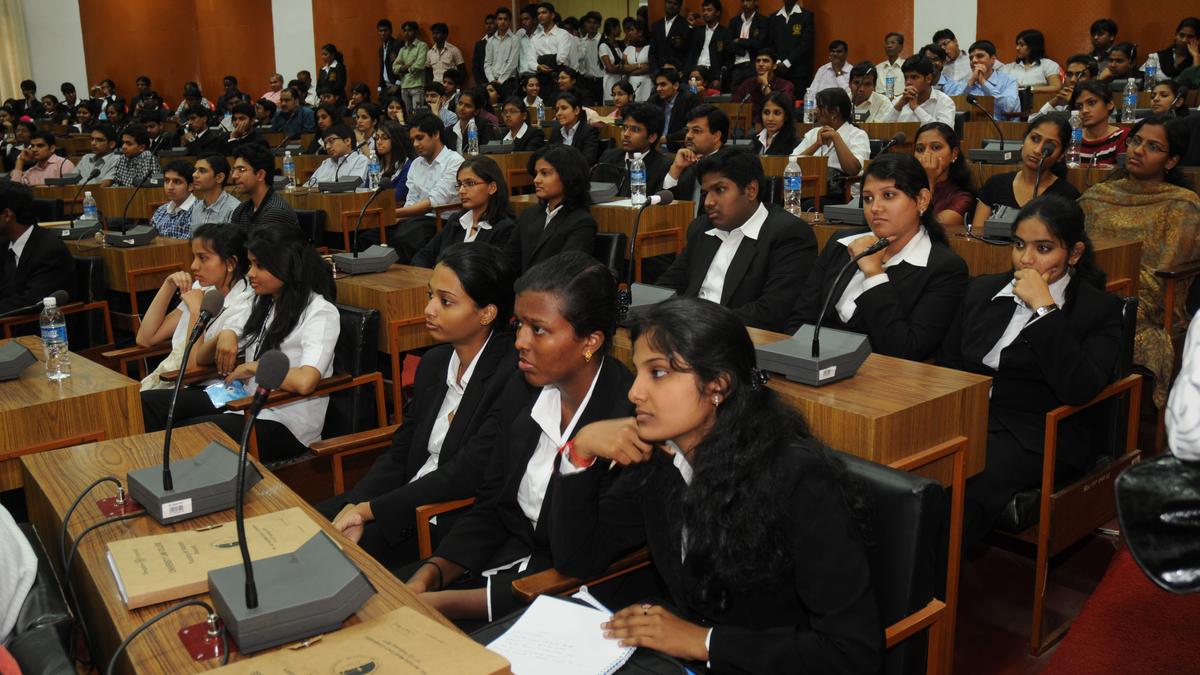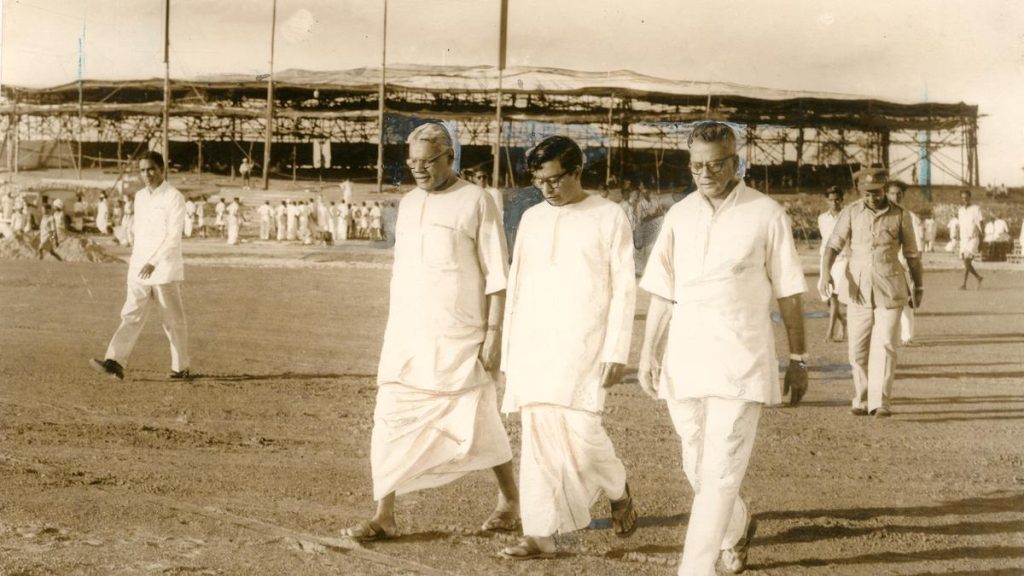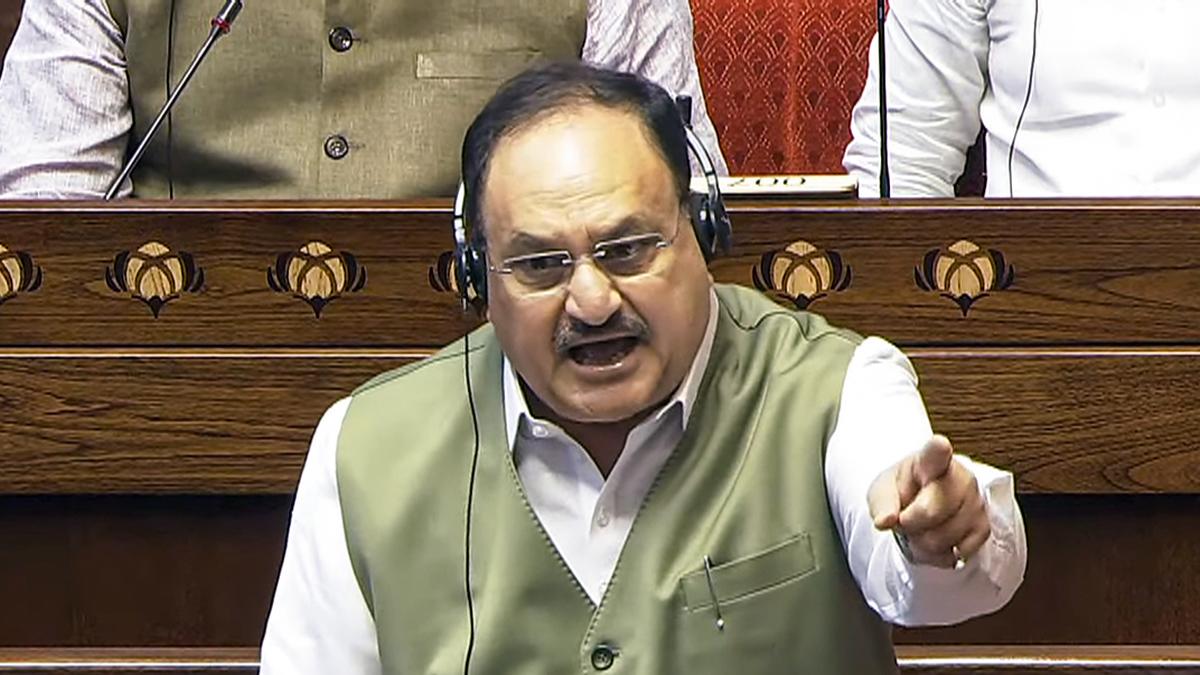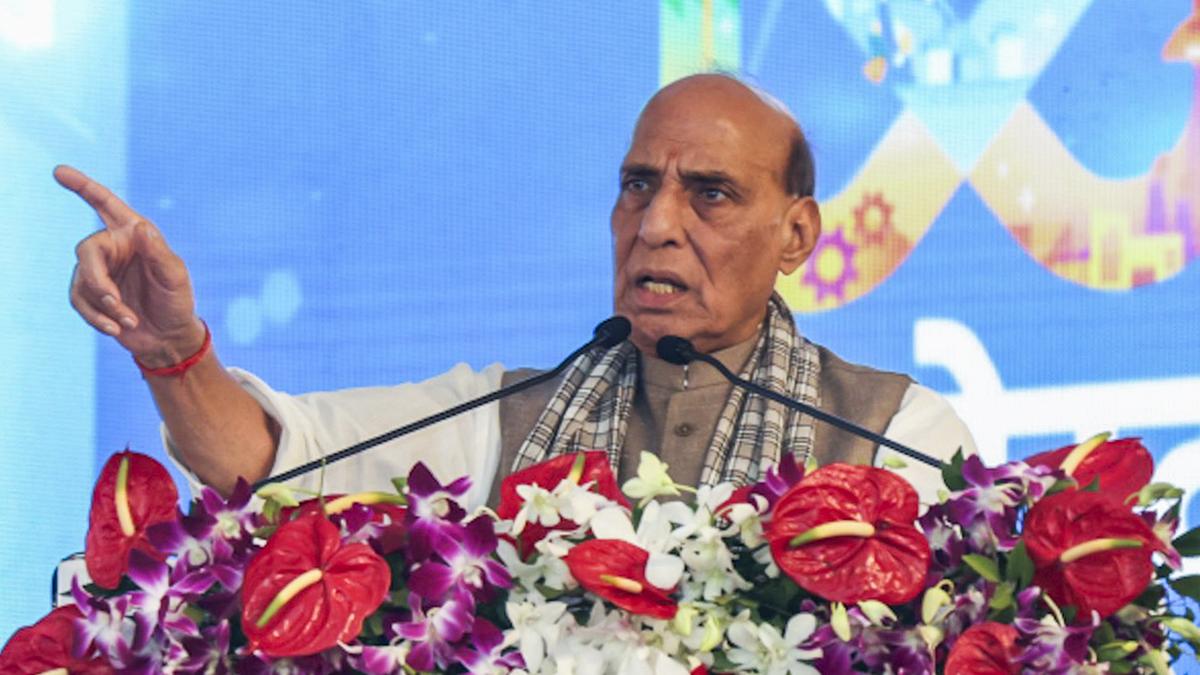Now Reading: Bar Council of India Halts Approval of New Law Colleges for Three Years
-
01
Bar Council of India Halts Approval of New Law Colleges for Three Years
Bar Council of India Halts Approval of New Law Colleges for Three Years

Quick Summary
- The Bar Council of India (BCI) has announced a three-year nationwide moratorium on the establishment of new centres of legal education starting August 13,2025.
- During this period, no approvals will be granted for new centres, and existing ones cannot introduce new sections, courses, or batches without prior BCI approval.
- The BCI aims to curb the proliferation of sub-standard law colleges and prevent issues like educational malpractice, faculty shortages, and commercialisation of legal education.
- India currently has around 2,000 centres for legal education; the BCI asserts this is sufficient for institutional capacity at present.
- Inspections and compliance audits will intensify during this period. Institutions unable to maintain prescribed standards may face closure or derecognition from the council.
- Similar moratoriums were imposed in August 2019 but struck down by courts later due to procedural grounds. The current measures comply with judicial guidance under formal rules.
Indian Opinion Analysis
The Bar Council’s move reflects serious concerns regarding quality control in India’s legal education sector. with sub-standard institutions reportedly mushrooming unchecked across states due to inadequate oversight mechanisms like routine issuance of No Objection Certificates (NOCs) by state governments or affiliations granted without inspections-such regulation was overdue.
Given India’s existing capacity with approximately 2,000 law centres already operational, prioritising quality enhancement over quantitative expansion seems pragmatic. Intensified auditing processes could act as a deterrent against academic laxity while reinforcing standards crucial for maintaining public trust in higher education systems tied directly to constitutional governance.Though, careful attention must be given during implementation to ensure genuine high-quality institutions are not disproportionately affected throughout inspections or enforcement stages-a concern raised previously when similar measures faced judicial setbacks due to procedural oversights.
The broader implication lies in re-establishing institutional credibility within the legal academic sphere-a step critical both for professional integrity in law practice as well as public faith toward regulatory agencies overseeing Indian higher education systems.
Images:
























